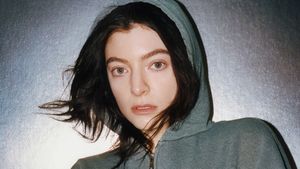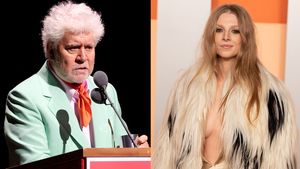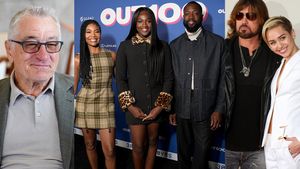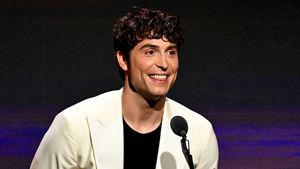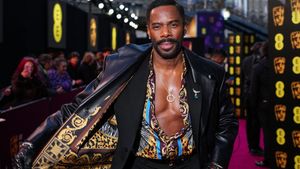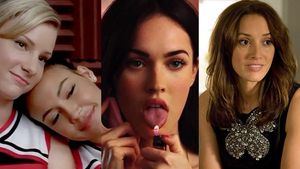Movies
Red, White & Royal Blue Director Reminds Us Why Happy Endings Matter
Red, White & Royal Blue Director Reminds Us Why Happy Endings Matter

Prime Video
Queer films haven't always had this luxury.


Rachel Kiley
Rachel Kiley is presumably a writer and definitely not a terminator. She can usually be found crying over queerbaiting in the Pitch Perfect franchise or on Twitter, if not both.
Rachel Kiley is presumably a writer and definitely not a terminator. She can usually be found crying over queerbaiting in the Pitch Perfect franchise or on Twitter, if not both.
rachelkiley
August 14 2023 1:34 PM EST
August 19 2023 10:48 AM EST















































